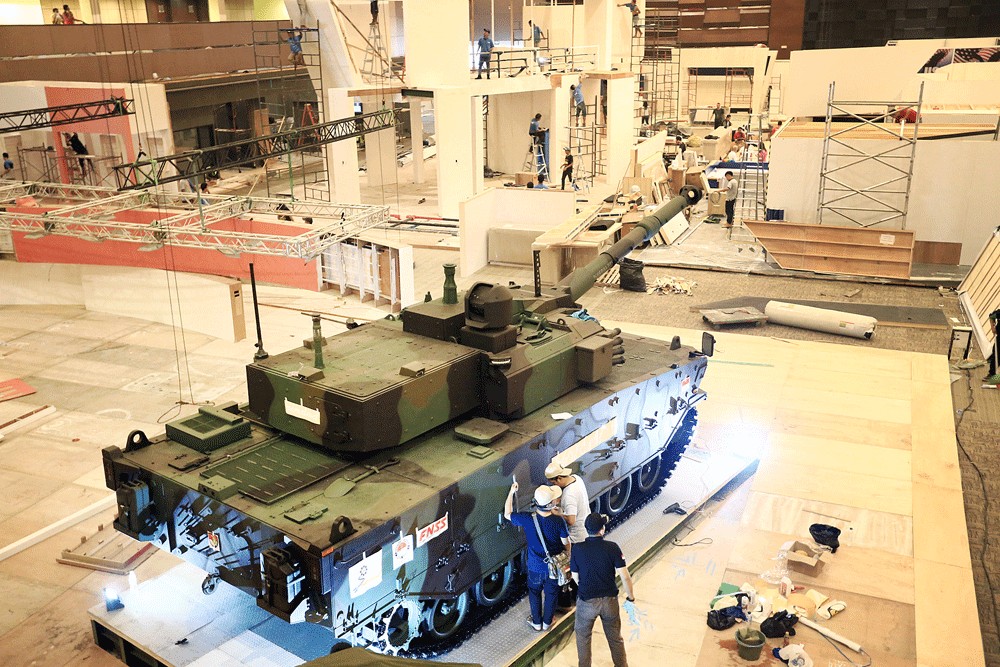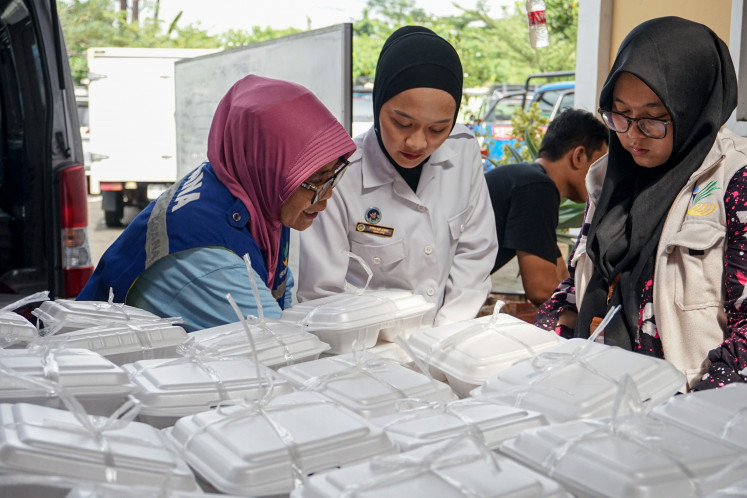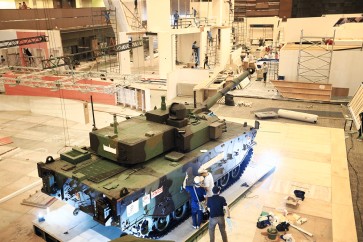Popular Reads
Top Results
Can't find what you're looking for?
View all search resultsPopular Reads
Top Results
Can't find what you're looking for?
View all search resultsEstablishing Indonesia's defense posture amid global race
Modernizing Indonesia's defense industry toward self-sufficiency is necessary to determine the country's defense posture.
Change text size
Gift Premium Articles
to Anyone
D
efense policy and strategy are manifested in the grand design of the defense posture that is employed to prevent war and to fight it, should all attempts to avoid it fail.
During traditional wars, armed conflict was expressed in physical activities and confrontation. This warfare strategy shifted during the Cold War, which put intelligence activities at the center of state defense. The concept of asymmetric warfare found a foothold during this period. The globalization that brought the Cold War to an end introduced at the same time a new concept of war called hybrid warfare, primarily characterized by the use of hi-tech military equipment.
The fact is that the rapid development of weapons technology has, by all means, implicated the value of the deterrent effects offered by so-called hi-tech armament system that once led to success on the battlefield. Thus, there has never been any country that can proclaim everlasting victory.
Indeed, hybrid warfare has added to the complexity of conflicts. Researchers from the Multinational Capability Development Campaign (MCDC), a pro-West organization, describe this complexity as: “Our common understanding of hybrid warfare is underdeveloped and therefore hampers our ability to deter, mitigate and counter this threat.”
For Indonesia, it is important to differentiate the nature of wars because the country adheres to the foreign policy principle of bebas aktif (free and active). Indonesia is a nonaligned country, so it is neither part of nor even leans toward any alliance. This means Indonesia cannot avoid a potential threat of war by seeking the protection of a certain power. Neither does it allow itself to become directly involved in a war over power struggles.
Indonesia’s defense posture is thus designed to enable the Indonesian Military (TNI) to maintain territorial integrity while empowering its defense force to tackle potential internal, external and combined threats (transnational crimes, terrorism and asymmetric warfare), and these combined with hi-tech military armaments (hybrid warfare). Indonesia’s defense outlook also corresponds with geopolitical and geostrategic dynamics.
Learning from this situation, developing a self-sufficient defense force is clearly the way to go; otherwise, Indonesia will find it difficult to procure and modernize its national defense weaponry and systems. Worse, Indonesia might see the its defense capability weaken, which could eventually create insecurity in the face of potential threats.



















